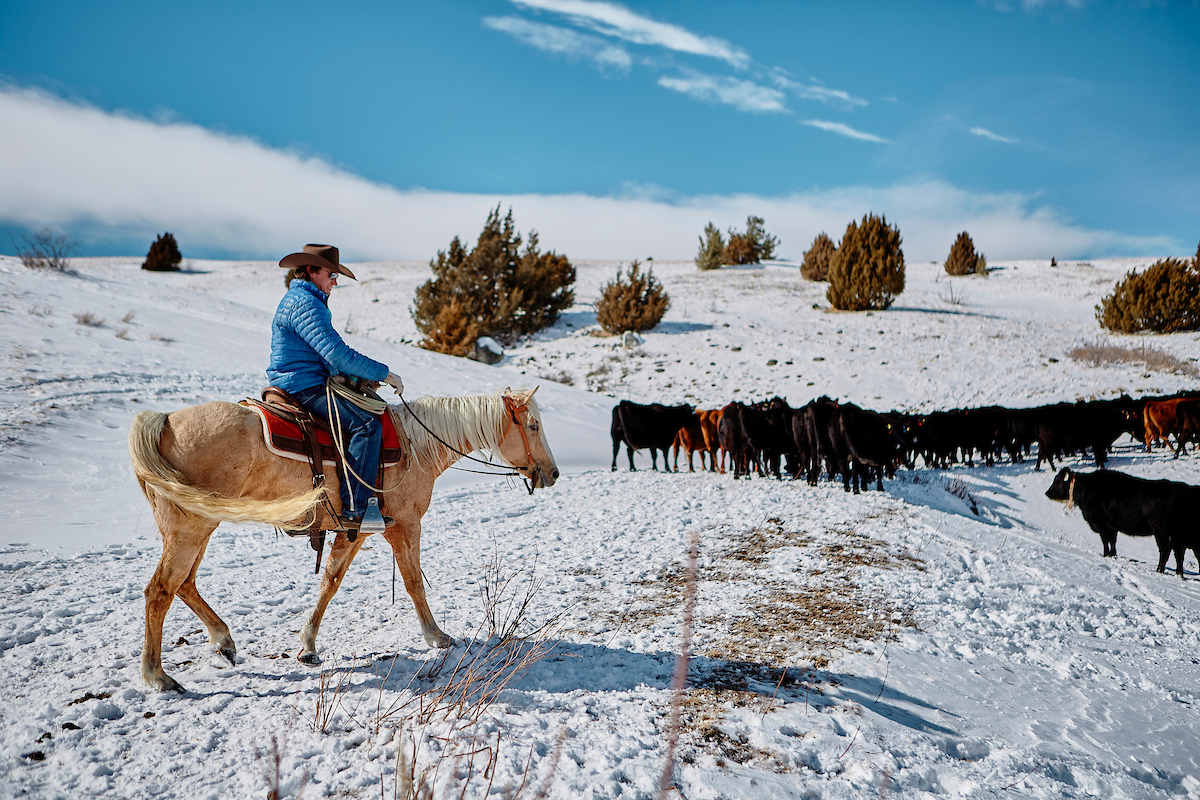About Program

Since she came to campus in 2019, Sreekala Bajwa, vice president of agriculture and dean of the College of Agriculture, has campaigned forMSUto have a formal precision agriculture program and invest in its opportunities for the state of Montana.
Since taking charge of the College of Agriculture at MSU, Bajwa has been devoted to making the program a reality.MSU received a $1.5 million grant in 2020 from Northwest Farm Credit Services as well as a grant from the CHS Foundation to develop a precision agriculture program and to convert one ofMSU’s farms to a precision agriculture and sustainability demonstration farm to educate students and the public. It was enough support to help the college make some initial moves and create a blueprint.

Sreekala Bajwa, vice president of agriculture and dean of the College of Agriculture
Bajwa envisions a multi-prong approach for a precision agriculture program at MSU. It will conduct in-house research into developing and studying future precision agriculture technology; it will educate students on the concept through courses, a degree minor and potentially a future major or graduate program; and it will have an outreach arm where faculty will work directly with Montana producers to implement technology and concepts in their own fields.
Bajwa foresees an MSU precision agriculture program that is interdisciplinary and offers opportunities not just to students but also to faculty, staff and Montana producers. If everyone involved can have a well-rounded idea of how precision agriculture can aid various areas — from plant breeding to livestock management, data analysis to gene editing and sustainability — then the state’s farming industry can only benefit.
To enhance the productivity and economic advantage of Montana agriculture in the domestic and world market, it is imperative that production agriculture embrace data-driven digital technologies and artificial intelligence. A strong justification used by U.S. Congress for enacting the Precision Ag Connectivity Act of 2018 was an estimated 40% increase in agricultural productivity nationally through the development and adoption of precision agriculture technologies.
For the 2023 legislative session, The College of Agriculture is seeking $300,000 a year to cover operational costs, hire two new tenure-track faculty positions and more.
